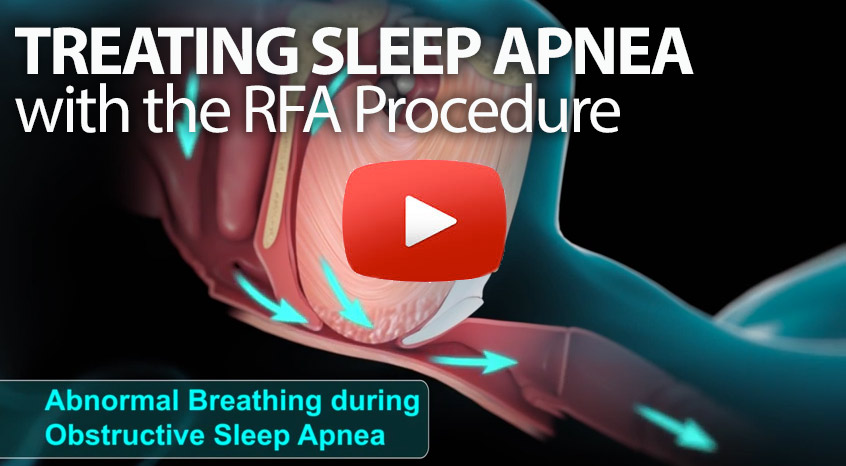Counting sheep isn’t the only math that matters when it comes to understanding the impact of sleeping disorders in America today. If you think that you or a loved one may suffer from a sleep disorder, obstructive sleep apnea, restless leg syndrome, insomnia, REM sleep behavior disorder, narcolepsy, or chronic circadian disruptions, know that you are not alone.

For many, having trouble sleeping has more than one cause, and so may require more than one treatment.
Here is what the data tells us:
- An estimated 50 to 70 million Americans chronically suffer from a sleep or circadian disorder.
- Sleep-disordered breathing, including obstructive sleep apnea, affects more than 15% of the population, and causes daytime sleepiness and associated injuries (e.g., falling asleep while driving), hypertension, cognitive impairment, and is associated with metabolic syndrome, and an increased risk of heart attack, stroke and mortality. In children, sleep-disordered breathing is associated with cardiovascular and metabolic risk factors, attention-related behavioral problems, and poor academic performance.
- Restless legs syndrome affects over one out of twenty adults, and causes difficulty sleeping and subsequent daytime sleepiness.
- Chronic insomnia affects nearly one out of five adults, and is a risk factor for depression, substance abuse, and impaired waking function; co-morbid physical (e.g., cardiopulmonary, chronic pain) and mental (e.g., depression) illnesses may be exacerbated by insomnia.
- REM sleep behavior disorder may affect one out of 250 adults and may cause patients to injure themselves or others while asleep. Recent findings associate this disorder with an increased risk of Parkinson’s disease and other neurodegenerative conditions.
- Narcolepsy/cataplexy and other forms of hypersomnia affect about one in 2000 people disturbing sleep and producing excessive daytime sleepiness that profoundly reduces and quality of life and performance at work and in school.
- Chronic circadian disruptions and disorders, such as shift work syndrome and delayed sleep phase disorder, engender significant safety, health and well-being problems, including increased risk of cardiovascular disease, cerebrovascular disease, breast cancer, colorectal cancer, prostate cancer, obesity, diabetes, gastrointestinal disease, motor vehicle crashes, and difficulty adhering to school and work schedules. While population prevalence estimates of specific circadian disruptions and disorders are generally not available, an estimated 20% of the U.S. workforce is exposed to shift-work schedules.
Source: 2011 National Institutes of Health Sleep Disorders Research Plan
If you or someone you know is in need of a better night’s sleep, contact us for a no obligation consultation. We are the sleep specialists at Chevy Chase ENT located in the Virginia, Maryland, and Washington D.C. metro area dealing with sleep apnea and sleep-related problems. We can help diagnose your condition, recommend whether a sleep study would be beneficial, and offer you a variety of treatment options including CPAP, Radio Frequency Ablation (RFA) and more.
